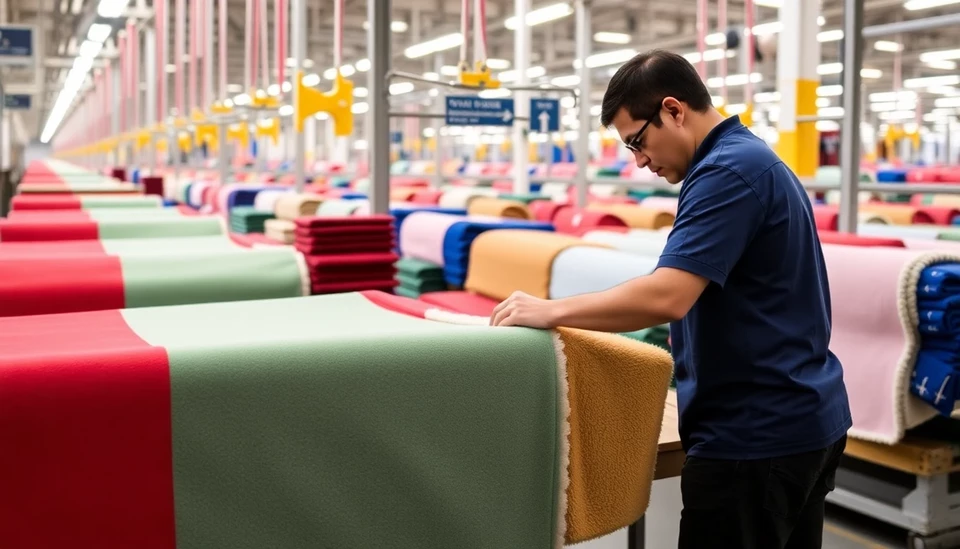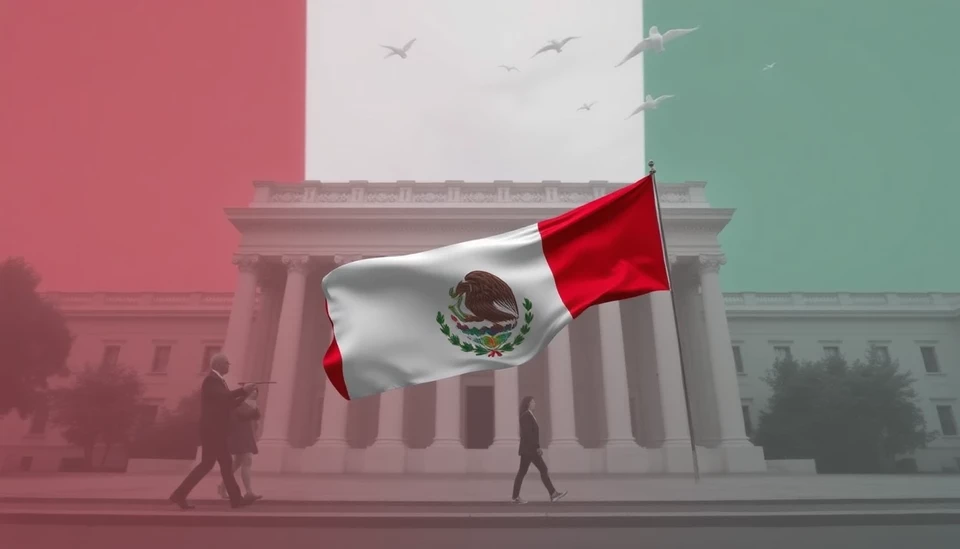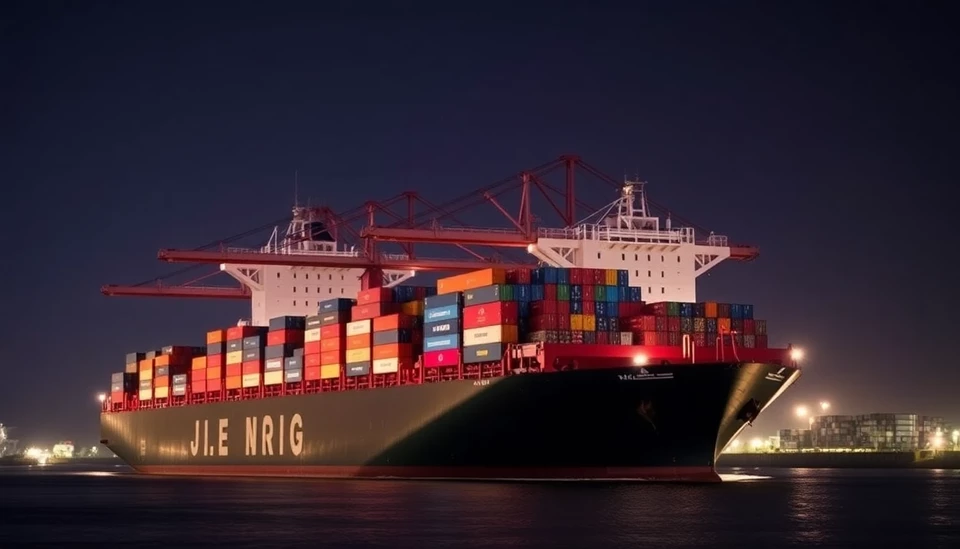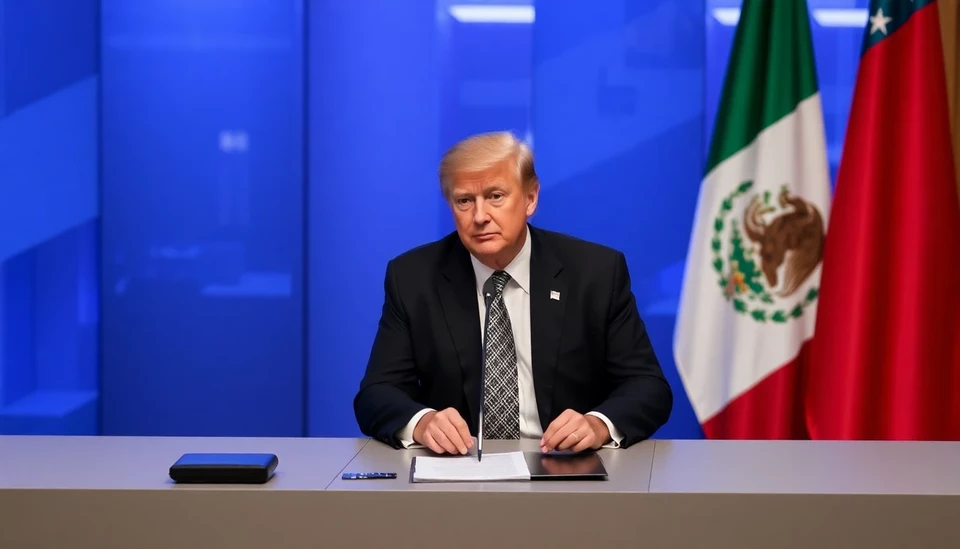
In a decisive move aimed at bolstering domestic job opportunities, Mexico has announced substantial hikes in tariffs, some reaching as high as 35%. This policy change focuses primarily on the textile and apparel sectors, which have been identified as critical for employment across the nation.
The Mexican government’s decision comes in response to increasing competition from low-cost imports that have pressured local manufacturers. The new tariffs are intended to safeguard jobs within the textile industry by making it more challenging for imported goods to undercut local products on price. This initiative is part of a broader strategy to reinforce Mexico’s industrial base and stimulate local economies.
Authorities highlighted that the decision aligns with the government's broader economic objectives, including job creation and the promotion of national manufacturing. The textile and garment industry has historically provided millions of jobs, particularly in rural areas, which are vital for economic stability in those regions.
The adjustment in tariffs is expected to encourage consumers to support locally produced goods, thereby contributing to job retention and potentially even job growth within the sector. By protecting local producers from foreign competition, Mexico aims to not only enhance local employment rates but also improve the overall quality and sustainability of its textile products.
Critics of the tariff increases argue that such measures could lead to increased prices for consumers and potential trade disputes. International trade experts have also cautioned that while tariffs can provide short-term relief to local industries, they may ultimately lead to retaliatory measures from trading partners, impacting the broader economy in the long run.
The response from local textile manufacturers has been overwhelmingly positive, with many expressing optimism regarding the protection these tariff measures provide. Industry leaders are hopeful that this policy will lead to more investment in manufacturing capabilities and innovation within the country.
In conclusion, Mexico's strategic increase in tariffs is a clear attempt to revitalize the textile sector while creating and maintaining jobs. The success of this policy will depend not only on the immediate response of the market but also on the government's ability to balance domestic interests with international trade relations.
#Mexico #Tariffs #TextileIndustry #JobCreation #Manufacturing #EconomicPolicy #TradeRelations #LocalEconomy #Sustainability
Author: Rachel Greene




